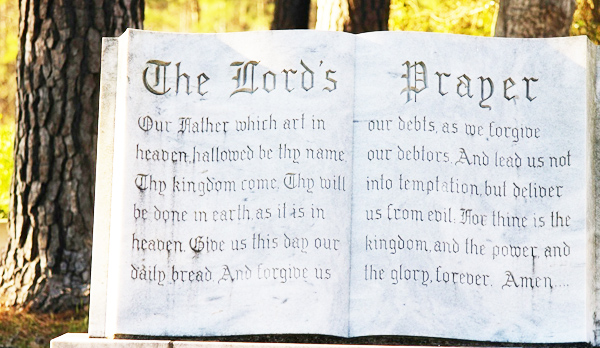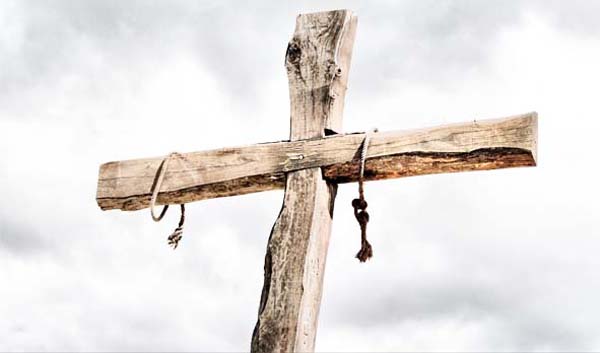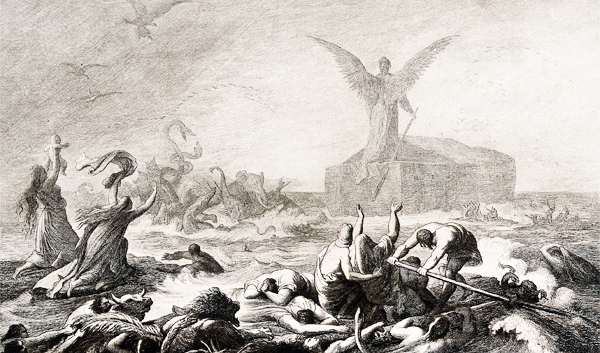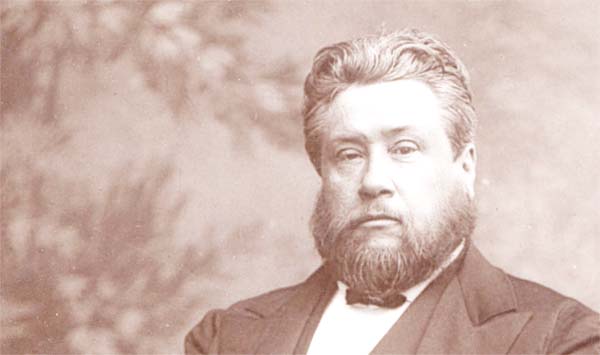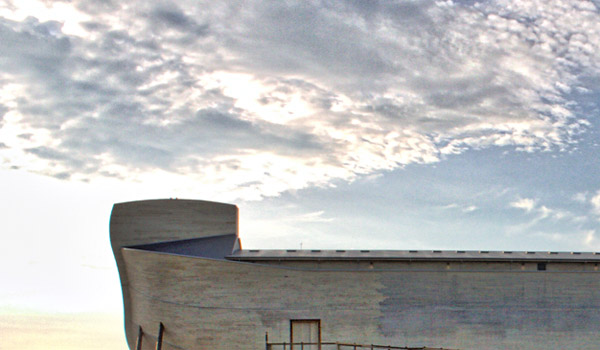Forgive us our sins (Luke 11:4). (We are continuing in our brief series of meditations on the Lord’s Prayer.) Jesus teaches us to pray daily (see previous post) for the forgiveness of our sins, assuming (as we ought to) that we have strayed from the mark each day. Sins are sins — they are not merely mistakes, flaws, personality, or “my truth versus your truth.” And every sin is against God ultimately, and so must be dealt with before God (Psalm 51:4)
Salvation
Your Kingdom Come
Your kingdom come (Luke 11:2). In my last post I began a series of brief meditations on the Lord’s Prayer. The prayer begins with the request for God’s name to be hallowed, followed immediately with the prayer for his kingdom to come. When we ask for God’s kingdom to come, we are reminded that not only is God’s name and glory to come first — but also God’s desires, his will, his purposes, and his authority.
Is True Faith an Act of the Will?
True faith is an act of the will, in the sense that God gives us a new will in the new birth, along with faith (John 1:12-13; Ephesians 2:8). God does not make us robots; he successfully woos our hearts. Faith is not merely an act of the will, because it is also the act of the Holy Spirit in our souls, drawing us to Jesus Christ, and bringing us to trust in him as he is revealed in his Word (James 1:18).
I Have Other Sheep
In John 10:16 Jesus says, “I have other sheep that are not of this fold. I must bring them also, and they will listen to my voice. So there will be one flock, one shepherd.” When you hear these words, what is your gut reaction? Are you offended that Jesus is just as concerned about homeless people and third-world gorilla fighters as he is about you? Or do you feel unconcerned for “other” people, because they’re totally different than you, although Jesus loves them also?
Why Fight Sin If Salvation Is Sure?
I discipline my body and keep it under control, lest after preaching to others I myself should be disqualified (1 Corinthians 9:27). Paul, writing to the church at Corinth to correct their problems, confesses that he himself has to be careful to avoid sin. In fact Paul intimates he goes to great lengths — disciplining his body, keeping himself under control — to avoid the pitfalls of willful sin. But why? Did Paul not believe in the perseverance of the saints, or in the eternal security of believers?
God’s Irresistible Grace & Our Genuine Response
Those whom he foreknew he also predestined to be conformed to the image of his Son, in order that he might be the firstborn among many brothers. And those whom he predestined he also called, and those whom he called he also justified, and those whom he justified he also glorified (Romans 8:30). Here Paul lays out the Ordo salutis, the order of salvation. He describes for us the consecutive steps by which God accomplishes the work of redemption in each person’s life.
The Eternal Implications of the Flood
He blotted out every living thing that was on the face of the ground … Only Noah was left, and those who were with him in the ark (Genesis 7:23). The worldwide Flood is sobering to consider. In Noah’s day, at a real point in time in actual history, every person on earth was drowned except the eight who were in the Ark. This is the greatest catastrophe in history, and no other event — tsunami, earthquake, hurricane, or volcanic eruption — even comes close. This was not a “natural” or normal kind of catastrophe.
Christ for Us: the Core of the Gospel
For I delivered to you as of first importance what I also received: that Christ died for our sins in accordance with the Scriptures, that he was buried, that he was raised on the third day in accordance with the Scriptures (1 Corinthians 15:3-4). Although there is of course more to the fullness of Christian teaching than the brief creed the apostle Paul shares here, this what comes “of first importance”; this is the heart of the Christian gospel, the essential truths that separate Christians from non-Christians.
What Kind of Person Escapes God’s Judgment?
Noah was a righteous man, blameless in his generation. Noah walked with God (Genesis 6:9). In the midst of the Flood narrative, in which we are told that God saw all the world as corrupt and decided to destroy every breathing creature, we read in contrast that Noah was righteous, blameless, and walked with God. From there, of course, we learn that out of all humanity, only Noah and his family were saved from the Flood. The obvious question that this passage forces on us is this: what kind of person escapes the judgment of God?
Forever Here My Rest Shall Be
In a worship service in which I recently participated, we sang this beautiful hymn by Charles Wesley. I believe it was my first time to be acquainted with it and the words struck me powerfully. Too little thought is given, and too few messages and songs are devoted, to the marvelous and gospel-centering truth that salvation now and forever is found only in the substitution of Christ on the cross, for sinners.
Freedom to Serve Christ Alone
“All things are lawful for me,” but I will not be dominated by anything (1 Corinthians 6:12). It seems as Paul writes his first letter to the church at Corinth, that the Corinthians were taking Paul’s own words — his principle of freedom in Christ specifically — and twisting it to their own sinful purposes. The problem was that some were quoting Paul regarding the freedom we have in Christ, but ignoring the balancing truth of what grace sets us free to do:
Not a Slave, A Son
When the fullness of time had come, God sent forth his Son, born of woman, born under the law, to redeem those who were under the law, so that we might receive adoption as sons (Galatians 4:4-5).
Lord, Save Me From My Sins
My wife and I were struck by this recent devotion from C.H. Spurgeon’s Checkbook of Faith — so much so, in fact, that we’ve printed out a copy, framed it, and hope to make it a regular part of our prayer life. Nothing is more potent or refreshing than praying God’s promises back to him! From Every Sin “He will save his people from their sins” (Matthew 1:21).
Why Such a Lowly Birth?
And while they were there, the time came for her to give birth. And she gave birth to her firstborn son and wrapped him in swaddling cloths and laid him in a manger, because there was no place for them in the inn (Luke 2:6-7). Jesus was born when “the time came.” The time came, not just for the fulfillment of Mary’s pregnancy, but for the fulfillment of God’s pre-world plan to become a divine human being. Think of it! The Bethlehem prophecy alone (Micah 5:2) reminds us that God had hundreds of years to plan this event! How will
The Big Point of the Big Boat
Make yourself an ark of gopher wood. Make rooms in the ark, and cover it inside and out with pitch. This is how you are to make it: the length of the ark 300 cubits, its breadth 50 cubits, and its height 30 cubits (Genesis 6:14-15). The Big Boat The dimensions of the ark were about 450 feet long, by 75 feet wide, by 45 feet high. Such a huge vessel would have had a total storage capacity of almost one and a half million square feet.
